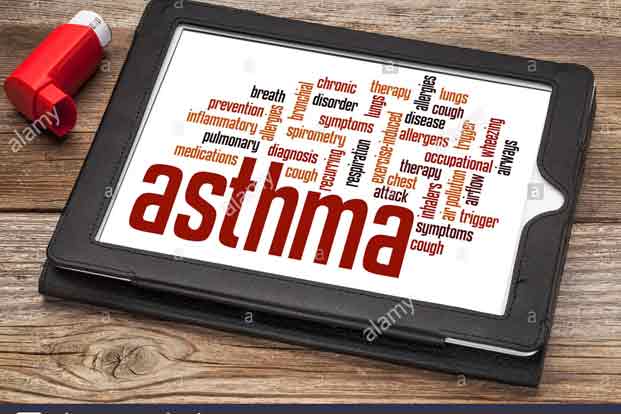Asthma Triggers & How To Use An Inhaler
in Internal Medicine
Apr 19, 2022
Exposure to various irritants and substances that trigger allergies (allergens) can trigger signs and symptoms of asthma. These signs and symptoms are to be taken up seriously and should be followed up with immediate medical attention. Any delay in medical attention can complicate a situation. The most important aspect to be understood is that asthmatic attacks, when severe, can affect multiple organs. However to prevent asthmatic attacks, it is important to know the triggers and avoid any exposure to the same.

Asthma Triggers:
Asthma triggers are different from person to person and can include:
- Airborne substances, such as pollen, dust mites, mold spores, pet dander or particles of cockroach waste
- Respiratory infections, such as the common cold
- Physical activity (exercise-induced asthma)
- Cold air
- Air pollutants and irritants, such as smoke
- Certain medications, including beta blockers, aspirin, ibuprofen (Advil, Motrin IB, others) and naproxen (Aleve)
- Strong emotions and stress
- Sulfites and preservatives added to some types of foods and beverages, including shrimp, dried fruit, processed potatoes, beer and wine
- Gastroesophageal reflux disease (GERD), a condition in which stomach acids back up into your throat
Treatment of Asthma:
The treatment of asthma depends upon the stage and severity of symptoms like :
- Treatment during attack: In case of attack patient should receive intensive bronchodilator therapy and anti-inflammatory (Steroid) drugs and depends upon the response dose should be adjusted, if there is no much improvement then patient should hospitalized for further work up.
- Regarding the other stages of asthma: The treatment of choice is Inhalation therapy. There are different types of inhalation medicine and device. The device can be as person choice but the medicine is as per disease and its severity. The inhalation medicine has advantage over other oral therapy like the side effects are less, direct delivery of medicine into the lungs. The treatment of choice is inhaled corticosteroids, the side effect of steroids are less as the dose given via inhalation therapy is very less and the effects are more due to the direct delivery of medicine in the required area.
Save








